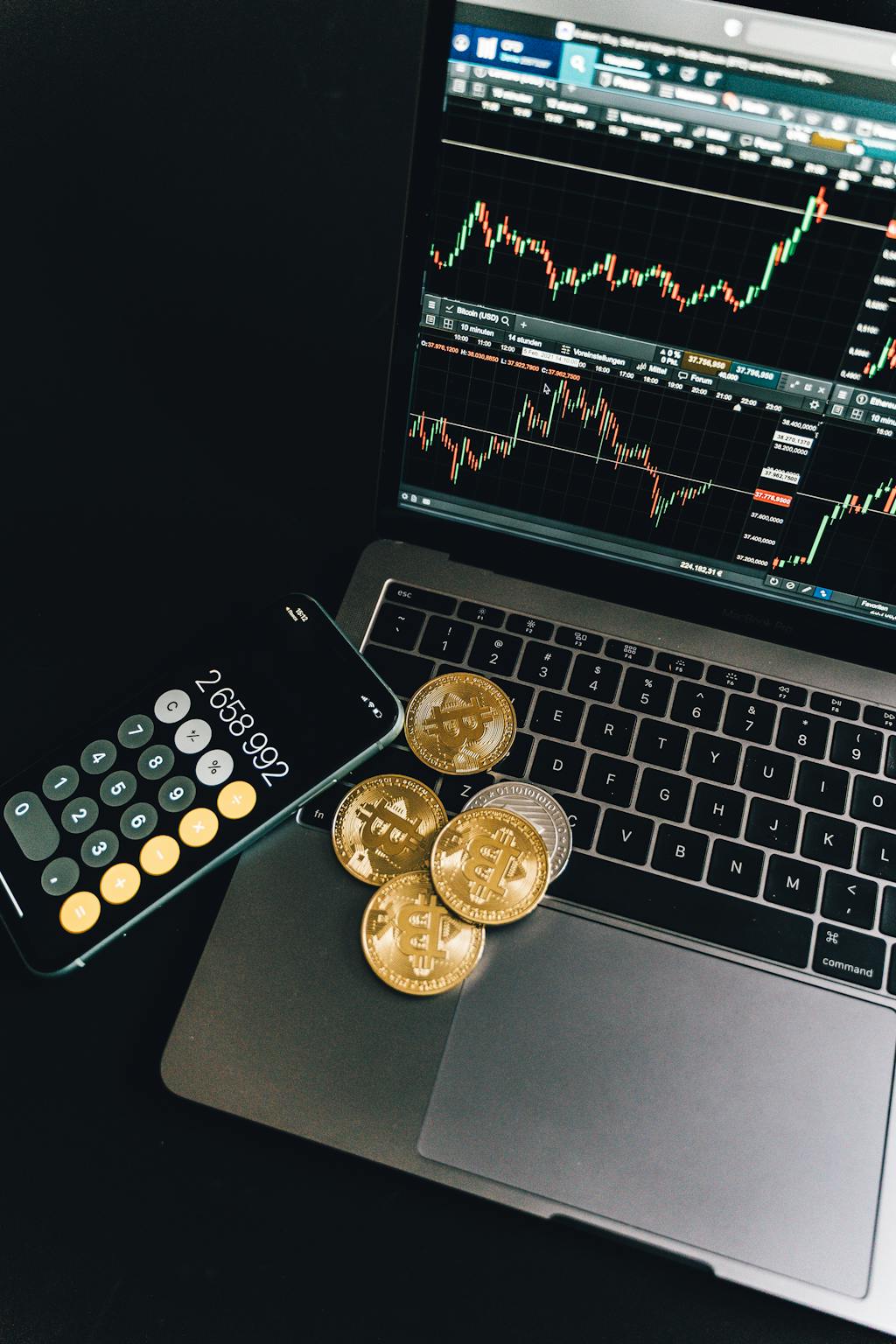Brazil Bitcoin Reserve Plan: $18.3B Investment Proposal Unveiled
Brazil unveils ambitious $18.3B Bitcoin reserve plan, marking a major shift in government crypto adoption. Learn how this strategic move could impact global …

In a groundbreaking development for cryptocurrency adoption, Brazil’s government is considering establishing a strategic Bitcoin reserve worth up to $18.3 billion. This initiative, announced by Vice Presidential advisor Pedro Giocondo Guerra, marks a significant shift in how major economies approach digital assets.
Brazil’s Strategic Bitcoin Reserve Plan: Key Details
The proposed legislation, known as PL 4501/2024, would authorize Brazil to invest up to 5% of its international reserves in Bitcoin. With current reserves at $366 billion, this could result in a substantial $18.3 billion Bitcoin investment. As Bitcoin continues to test key resistance levels near $88,000, this announcement could significantly impact market dynamics.
Key Components of Brazil’s Bitcoin Strategy
- Gradual acquisition approach with strict security measures
- Implementation of cold wallet storage systems
- AI and blockchain-based monitoring
- Joint management by Central Bank and Ministry of Finance
- Biannual transparency reports to public and Congress
Educational and Innovation Initiatives
The proposal includes comprehensive educational programs focusing on:
- Blockchain technology courses
- Crypto-economics training
- Cybersecurity education
- Tax benefits for crypto-related startups
Global Context and Market Impact
Brazil’s move follows several global precedents in crypto adoption, including El Salvador’s Bitcoin legal tender status and recent U.S. Bitcoin ETF approvals. At press time, Bitcoin trades at $86,205, with this development potentially adding significant institutional demand to the market.
FAQ Section
How much Bitcoin could Brazil potentially purchase?
Based on the 5% allocation limit and current reserves, Brazil could invest up to $18.3 billion in Bitcoin.
When could this proposal become law?
The bill is currently under review in the Lower House’s Economic Development Committee, with no specific timeline provided for final approval.
What security measures are planned?
The proposal includes cold wallet storage, AI-powered monitoring, and blockchain-based security systems managed by a technical advisory committee.
This strategic move by Brazil could reshape the global cryptocurrency landscape and potentially influence other nations to consider similar Bitcoin reserve policies.



